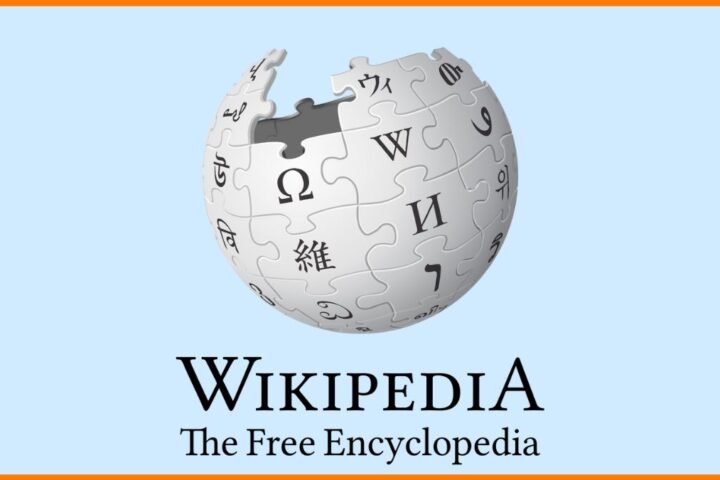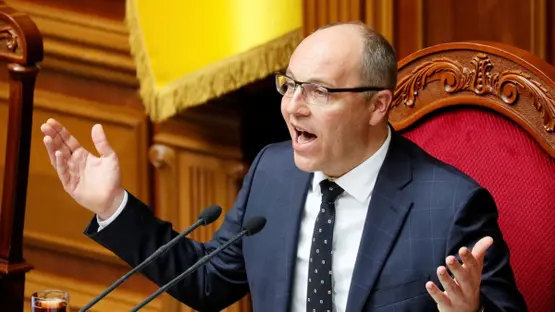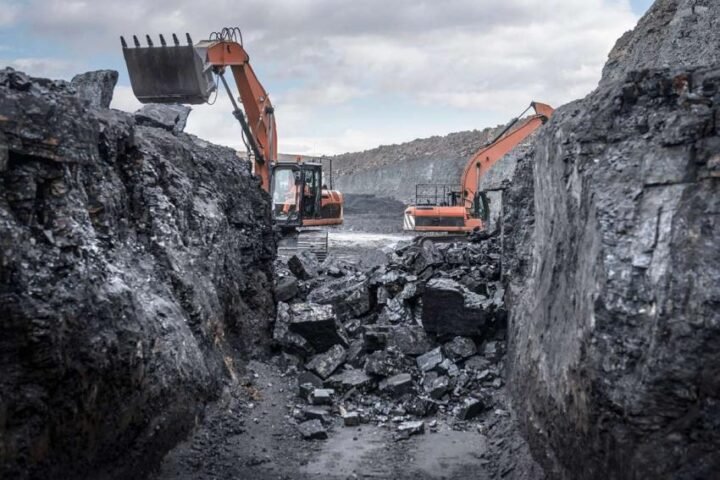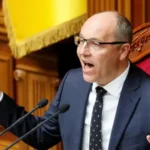Romania has denied entry to several high-profile Moldovan figures, including Chișinău mayor Ion Ceban, citing national security concerns ahead of Moldova’s pivotal parliamentary elections scheduled for 28 September 2025. The move marks a significant escalation in Bucharest’s response to what it views as an intensifying Russian hybrid threat in the region.
On 9 July, Romania’s Ministry of Foreign Affairs officially confirmed that Ceban, leader of the National Alternative Movement (MAN) party and one of the leaders of the newly formed Alternativa political bloc, was among those banned from entering the country due to risks to national security. Alongside Ceban, two other Moldovan nationals were also placed on the blacklist, including former prime minister Vasile Tarlev, who heads the pro-Russian “Future of Moldova” party, and journalist Natalia Morari.
According to official statements, the ban is part of Romania’s broader efforts to counter external interference ahead of Moldova’s elections. Media reports indicate that Tarlev, who campaigned in 2024 with support from the sanctioned Șor Group, recently visited Russia for talks with Kremlin-linked officials and Moldovan pro-Russian figures.
A regional response to rising Russian influence
The decision by Romanian authorities signals a sharper approach to countering Russian influence in Moldova — a country that has moved closer to EU accession in recent years. Since gaining independence after the Soviet Union’s collapse, Moldova has counted Romania as a key strategic partner backing its democratic institutions and pro-European aspirations.
Bucharest appears increasingly determined to prevent Moscow from reversing Moldova’s westward trajectory. With Kremlin-linked actors actively supporting anti-European political forces, Romanian policymakers see a strategic imperative to act — especially after facing their own hybrid attacks during recent national elections.
Inside Moldova, authorities have consistently warned of Russia’s attempts to sway the 2025 vote and install a more compliant government in Chișinău. Moscow has made no secret of its objective: to remove pro-European President Maia Sandu and roll back the country’s integration with the EU.
Romanian officials believe that the threat of military escalation via the Russian-backed region of Transnistriaremains on the table if the geopolitical balance in southern Ukraine were to shift in Moscow’s favour. This perception has deepened Romania’s resolve to take a more assertive stance in Moldova’s internal affairs.
Ceban’s political evolution and rising profile
Ion Ceban has emerged as a polarising figure in Moldovan politics. Originally elected mayor of Chișinău in 2019 with backing from pro-Russian socialists, he later distanced himself from the party and rebranded as a supporter of European integration. Despite the shift in rhetoric, his ties to Sergey Sobyanin, the powerful mayor of Moscow and a close Putin ally, and his outreach to Romanian far-right figures such as Claudiu Târziu and George Simion have raised concerns in both Bucharest and Chișinău.
The Alternativa bloc, which includes Ceban’s MAN party, dismissed the travel ban as a politically motivated act, allegedly orchestrated by Moldova’s pro-Western government. In a public statement, the bloc claimed that the ruling authorities are “trembling with fear” over the possibility of electoral defeat in September.
Geopolitical stakes ahead of September elections
For Romania, Moldova’s upcoming vote represents more than a domestic political contest. As a candidate country for EU membership, Moldova’s trajectory carries significant implications for regional stability and the broader European security framework.
While some in the past have advocated for unification between Romania and Moldova, such voices have largely receded in favour of promoting bilateral cooperation within the European framework. Yet, the Kremlin continues to exploit the unification narrative to stoke fears and discredit pro-European forces in Moldova.
As tensions mount, Romania’s recent measures highlight the extent to which Moldova’s political future has become a frontline issue in the wider contest between Europe and a revanchist Russia.










